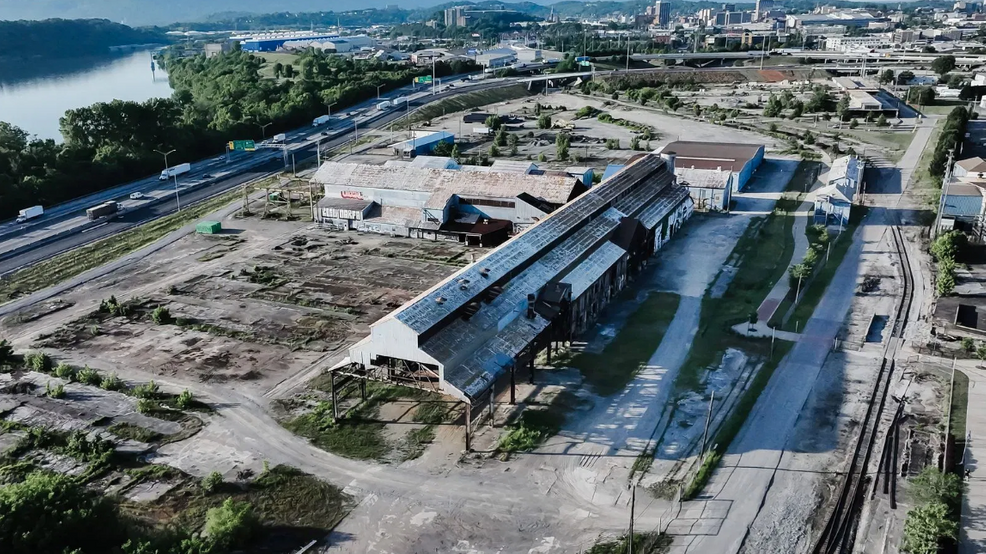
CHATTANOOGA, Tenn. — This week, the EPA told residents they estimate there are more than 1,700 properties where soil needs to be removed and replaced because of high lead levels.
Those homes in these neighborhoods are part of the EPA superfund site.
Homeowners there are eligible for crews to come in to remove and replace their soil, if it tests over a certain level of lead.
The EPA says the lead comes from former foundries like the ones on the map below. The EPA says “foundries generated spent sand and baghouse dust over many decades. It is believed that foundries gave residents excess foundry sand to use as fill material or topsoil.”
Troy Keith with TDEC says
For maybe about 60, 80 years, foundries would drive around and give it out and other times people would go and pick it up from the foundry.
Two of those former foundry sites will be the home of the new Lookouts stadium, as well as surrounding retail and new residential living space.
So what is in the soil there now as developers get ready to build?
The Tennessee Department of Environmental Conservation and the City of Chattanooga told us they are aware that the “spent foundry sand” needs to be cleaned up. It’s part of a Brownfield site program that will guide that cleanup process.
In July of 2022, EPA’s Deputy Administrator Janet McCabe presented the City of Chattanooga with Brownfield program cleanup and assessment grants. Their goal? To help “spur economic revitalization by addressing contaminated, polluted, or hazardous brownfield properties in the South Chattanooga and Alton Park communities.”
The funds consist of two $500,000 grants — one for analysis, one for cleanup — and $3.9 million for Chattanooga’s Revolving Loan Fund, which offers low interest loans for cleanup of brownfield sites.
The $500,000 assessment grant will be used to develop an inventory of brownfield sites and conduct environmental assessments, which help determine remediation needs based on planned redevelopment. Priority sites for the funding include the U.S. Pipe and Wheland Foundry site, where the new Lookouts stadium will go.
We asked Premier Properties, that owns the site where the new stadium is being built, if they know the current levels of the lead.
They told us they’re working closely with the Tennessee Department of Environment and Conservation (TDEC) to remove the contaminants.
A TDEC spokesperson told us
Preliminary data does not indicate elevated lead levels at the US Pipe site, but current sampling data is limited. As part of this site’s involvement in TDEC’s Brownfield Voluntary Cleanup Oversight and Assistance Program, additional site characterization will occur to provide more data about what contaminants may be present and at what levels. That data will be used to ensure that redevelopment of the site alleviates any potential threats to human health.
Construction has not begun, but we asked residents if they are concerned about what is in the soil.
Hixson resident Jeff Davis says…
“It’s been manufacturing area for as long as I’ve been alive. And, you know, I’m sure that there’s all kinds of nasty stuff in the ground.”
This is the new Lookouts site at the US Pipe and Wheland Foundry:
Perimeter Properties tell us that all sites that are a part of the Brownfields program will undergo environmental and geotechnical testing to identify any contaminants.
A city spokesperson told us…
Contaminant remediation is part and parcel of brownfield redevelopment and has been factored into the project since the beginning. The developers have and will continue to work with TDEC and the city to determine the best means and methods to ensure the site is safe for human use and to minimize threats to public health, safety, and to the environment throughout the process.
According the below document from the EPA, soil samples collected from the U.S. Pipe property in 2006 contained lead as high as 1,120 mg/kg. The EPA limit for industrial soil at the time was 800.
